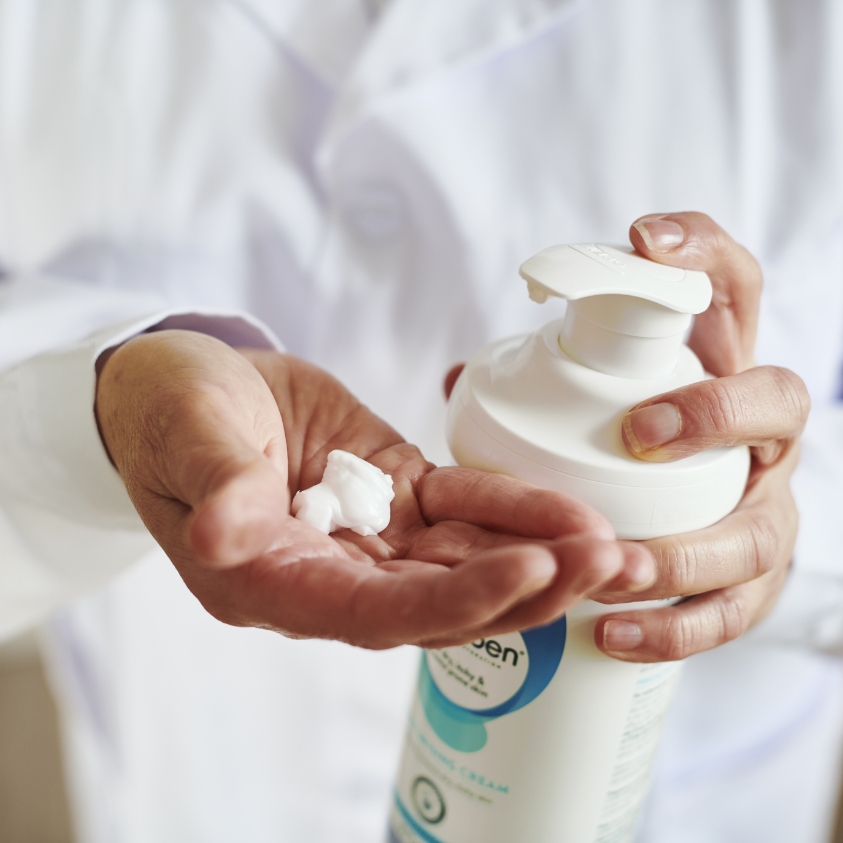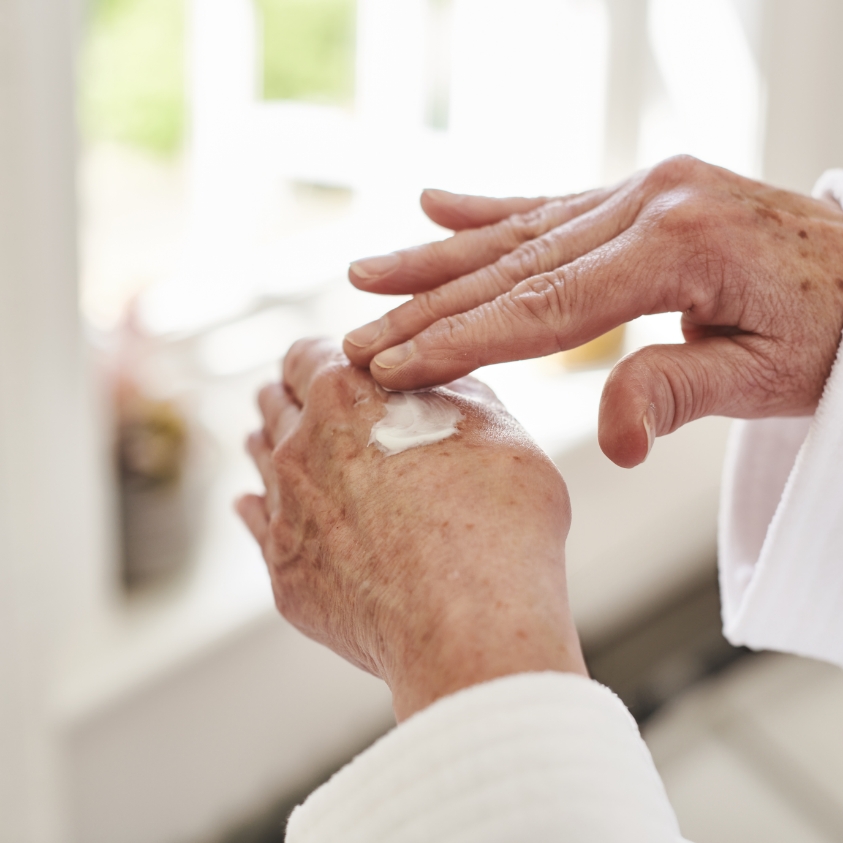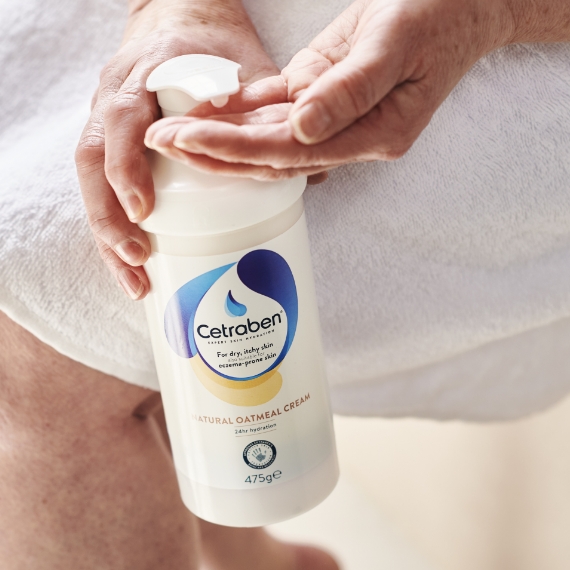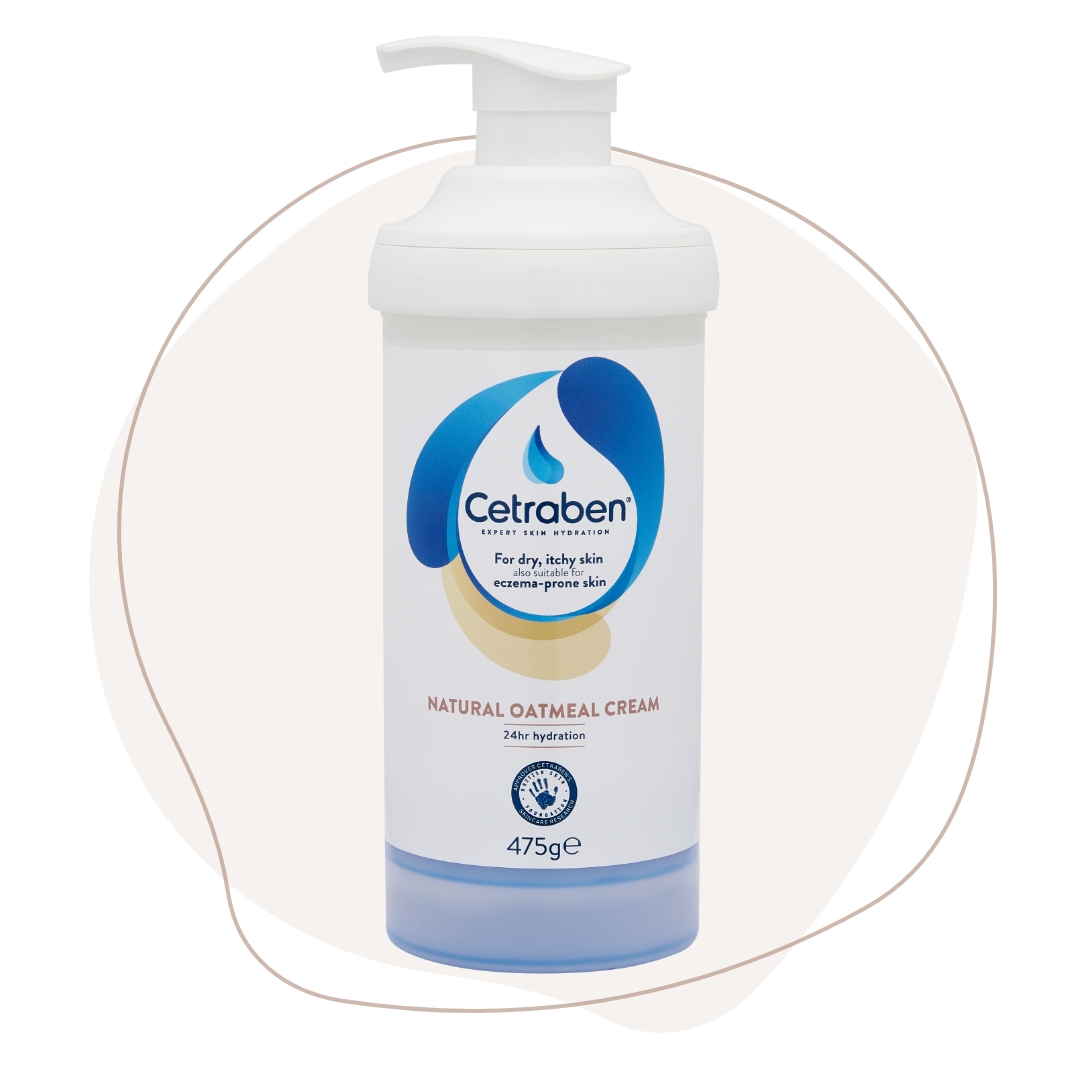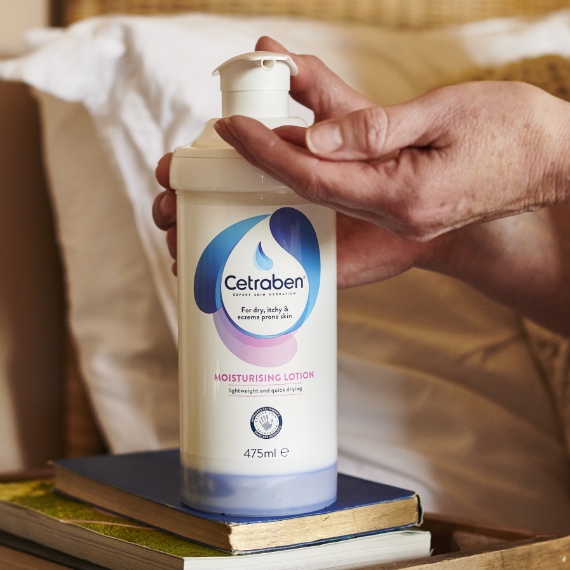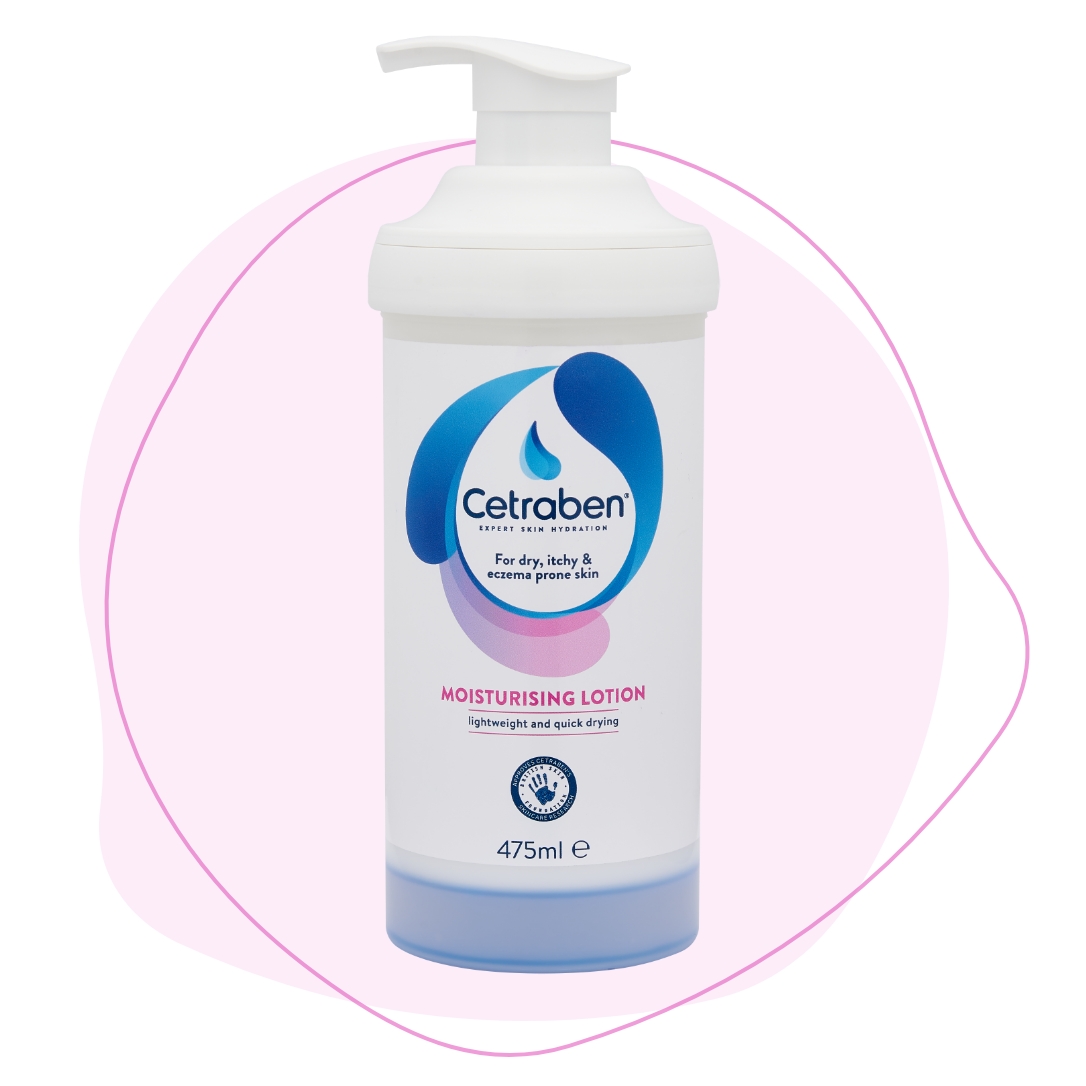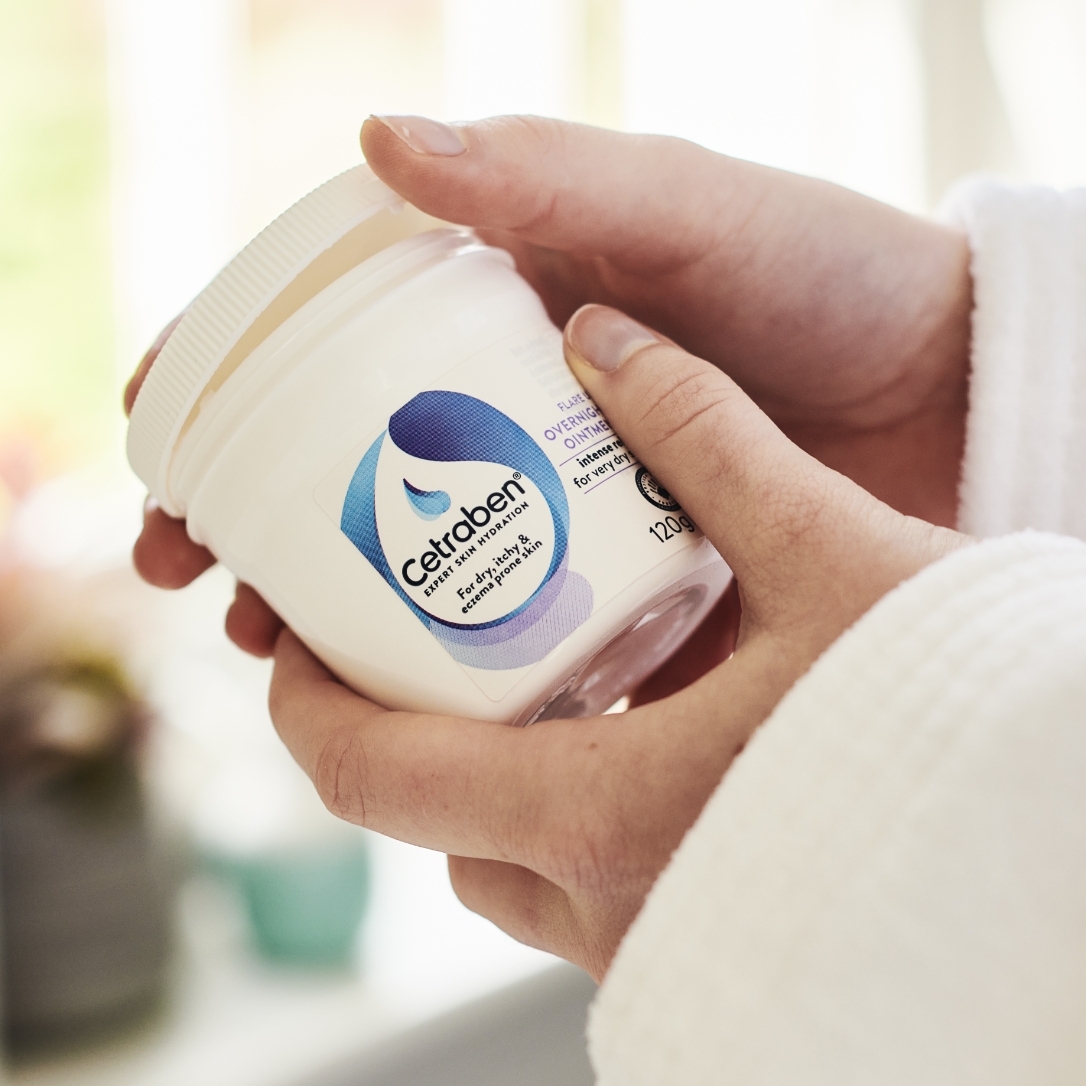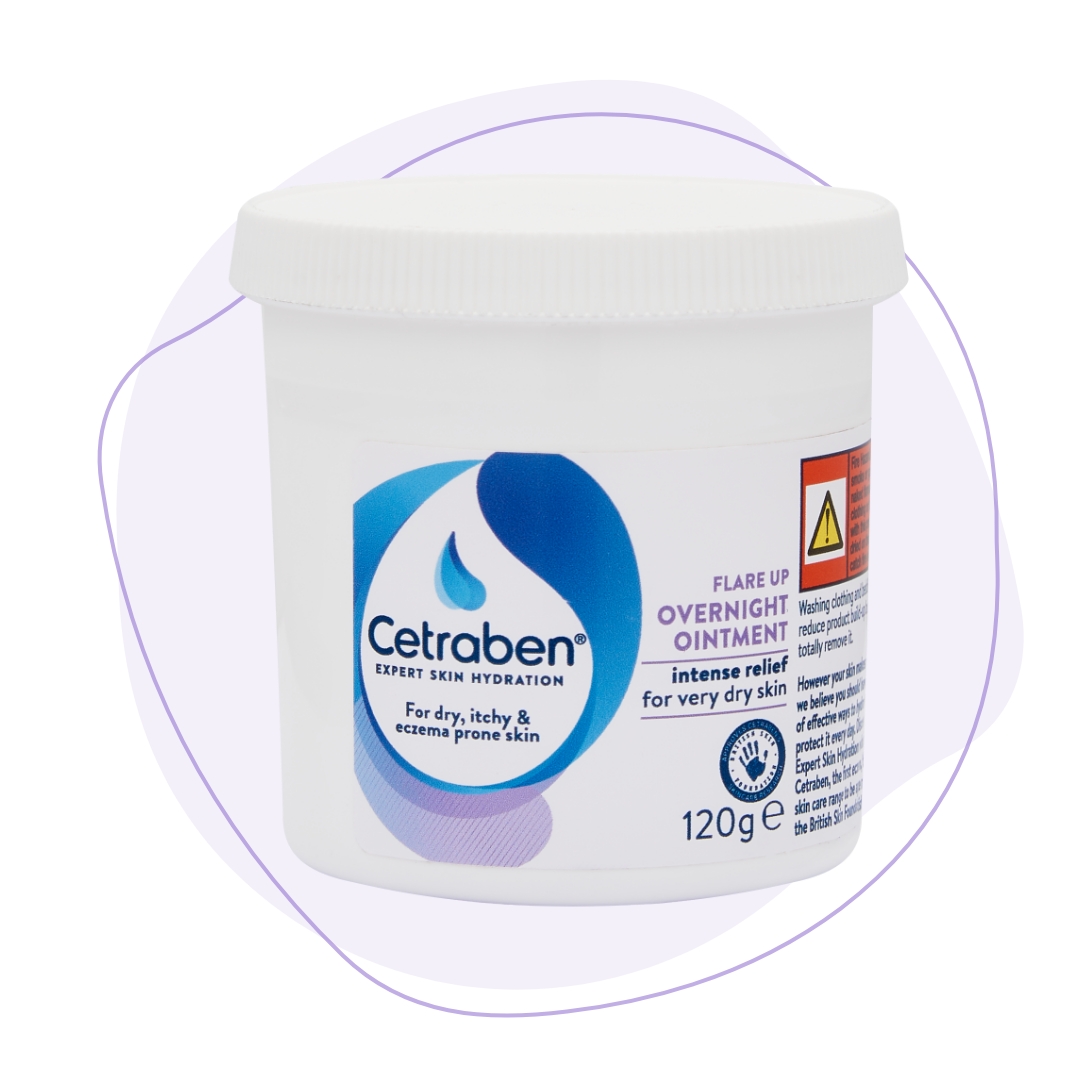Clothing
Time to take a critical look at your wardrobe and how you treat your clothes. Certain fabrics such as wool with coarse fibres can itch the skin, as well as synthetics such as polyester. Cotton and silk are the most eczema friendly garments. Make sure you wash them using a detergent suitable for sensitive skin.
Food
Are the products in your kitchen cupboards eczema and dry skin friendly? Dairy, gluten, wheat, citrus fruits, soy, tomatoes and some types of nuts have been found to trigger eczema in some people. Always speak with your doctor first before cutting anything out of your diet. Alcohol is also a classic cause of dehydrated skin and dry skin on the body.
Keep a diary
How to treat eczema and its triggers vary widely from person to person. For this reason, it’s a good idea to keep a diary to help work out what triggers your dry skin or eczema. In it, note down when and where you get flare-ups, your environment, what you’ve eaten and any activity you’ve taken part in.
Keep in mind that eczema flare-ups can occur a while after exposure to a trigger, and this lag time can make some triggers challenging to detect. Be persistent!

